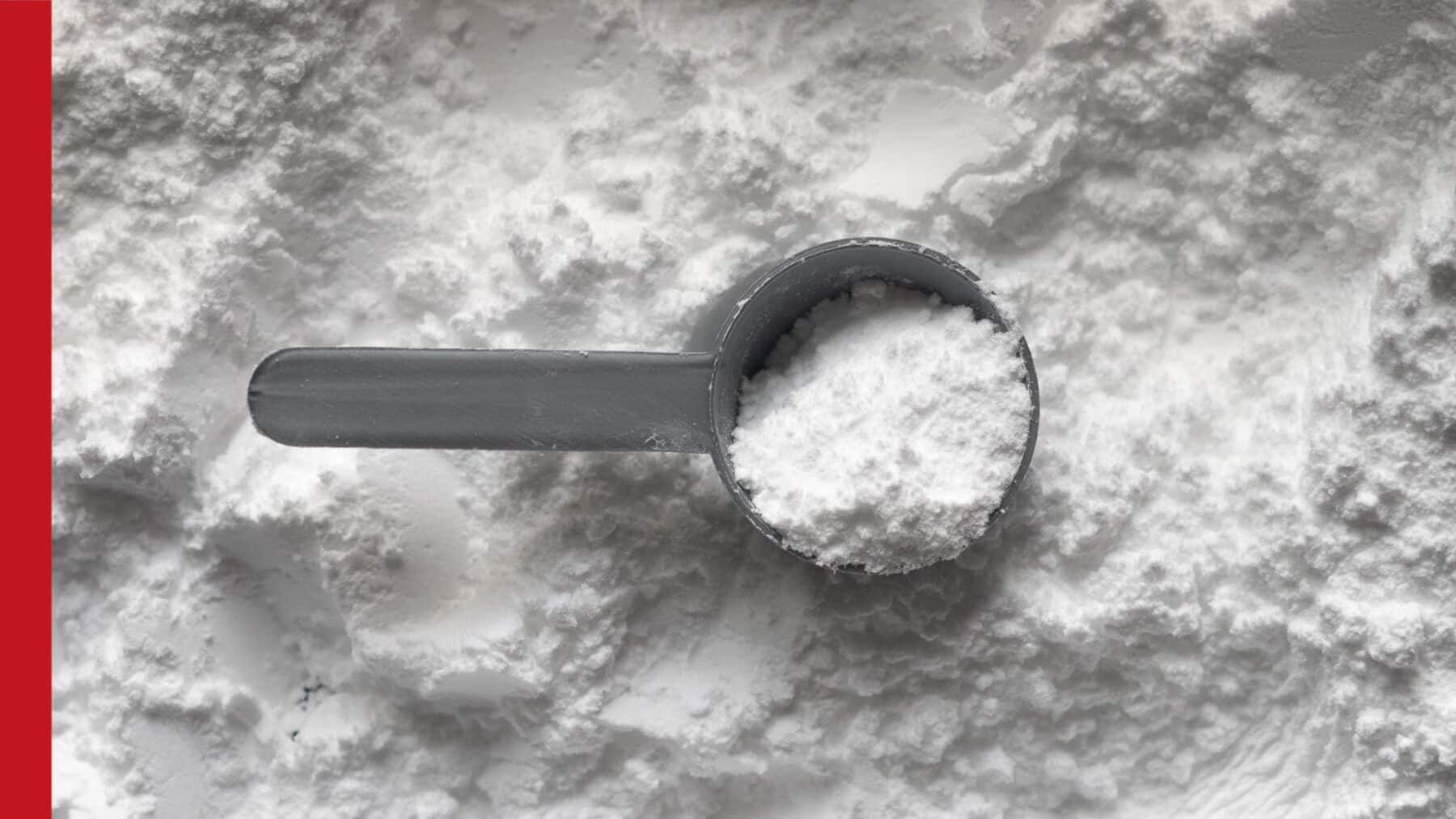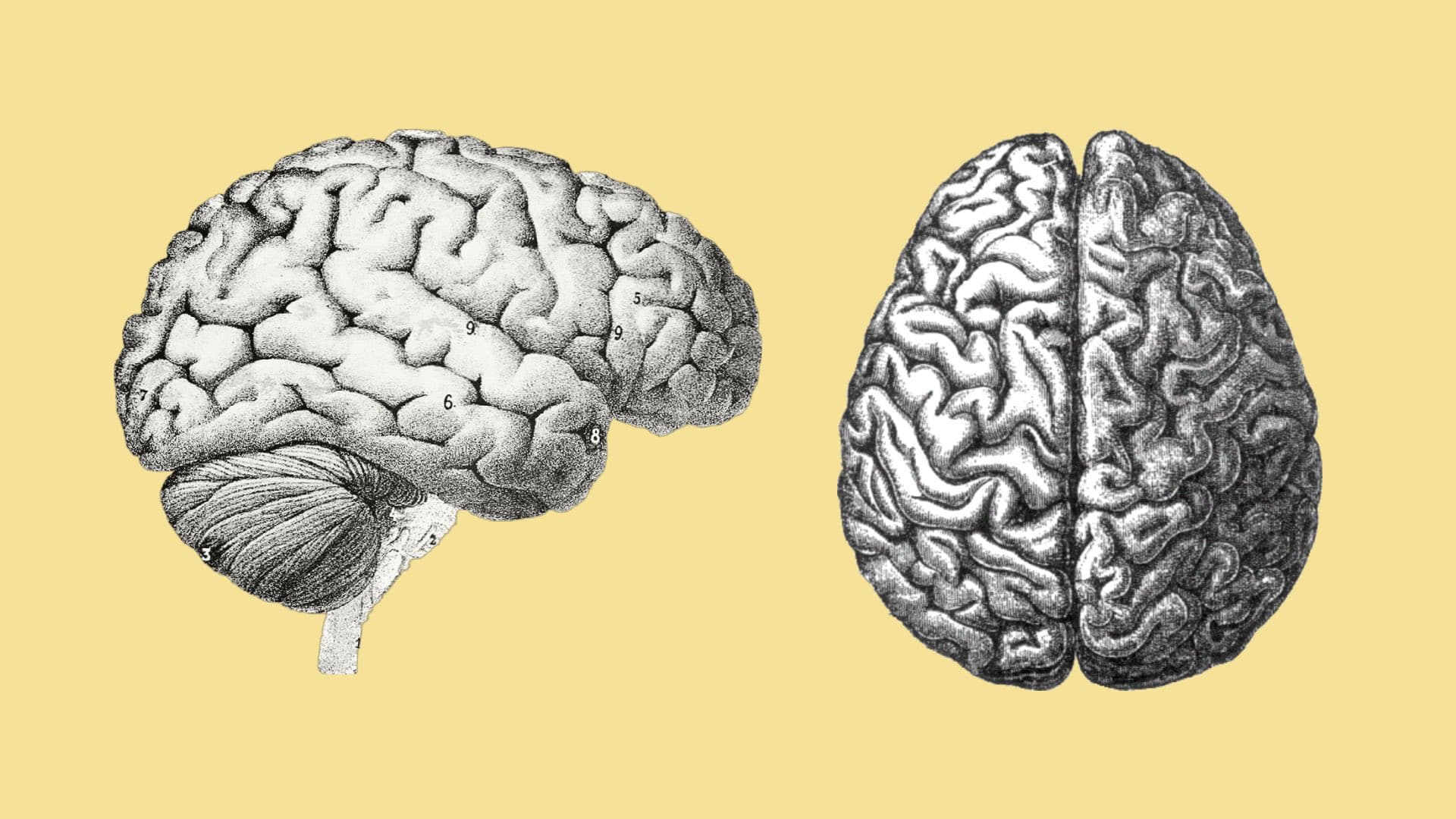When you hear about creatine, you might think of bodybuilders with bulging muscles. However, the conversation is shifting from the weight room to the laboratory as researchers explore a (potential) link between creatine and autism spectrum disorder.
For those unfamiliar, creatine is an amino acid that’s produced naturally by your liver, pancreas, and kidneys. It’s primarily stored in your muscles—where it’s used for energy—and also in the brain where it improves cognitive functions and protects neurons.
The link between creatine and brain health has sparked an interesting hypothesis: correcting creatine deficiency could reduce symptoms of autism spectrum disorder (ASD): a developmental disability that affects how people communicate, learn, and behave.
To be clear, there’s no definitive evidence that autism can be “cured” with creatine—or any supplement for that matter. However, some studies have found correlations between creatine deficiency and autism in children.
In this article, we’ll break down the latest research to see whether this hypothesis is a breakthrough or a flash in the pan.
How Could a Creatine Deficiency Cause Autism?

Creatine is essential for the human brain, which requires a lot of energy to perform its daily tasks. Most people produce enough creatine on their own (about 1-2 grams per day), but genetic mutations can block creatine from being transported to brain cells, resulting in a deficiency.
As one study notes, symptoms of creatine deficiency syndrome (CDS) include developmental delays, intellectual disability, speech and language impairment, seizures, and epilepsy—all of which are evident in children with autism.
This supports the theory that creatine deficiency syndrome might contribute to autism, among other cognitive issues such as ADHD. It’s estimated that creatine deficiency accounts for only 1-2% of people with intellectual disabilities.
For context, there isn’t a single cause of autism, according to the CDC. Based on the current evidence, there are biological, genetic, and environmental factors that can make a child more likely to have autism. These include:
- Having a sibling with autism
- Genetic or chromosomal conditions, like fragile X syndrome
- Birth complications
- Being born to older parents
What Does the Research Say About Creatine and Autism?
The link between creatine and brain function is an emerging area of investigation, but preliminary studies suggest it’s definitely worth exploring.
Researchers at the University of Cincinnati treated mice (which were genetically altered to have autism) with a creatine treatment called “CincY” which was originally developed as a cancer treatment.
“CincY successfully entered the brain and reversed the mental retardation-like symptoms in the mice, with benefits seen in nine weeks of treatment,” said Joe Clark, PhD, a professor of neurology at UC. “Treated mice exhibited a profound improvement in cognitive abilities, including recognition of novel objects, spatial learning and memory.”
However, other research isn’t as promising.
A 2016 study tested the creatine levels of 443 children after a confirmed autism diagnosis: none of them had creatine levels that were below normal.
“Our study revealed a very low prevalence of [creatine deficiency syndrome] in children with nonsyndromic ASD and no obvious association between creatine metabolites and autism,” the authors wrote.
This doesn’t mean the hypothesis is bogus—far from it. Remember, CDS is rare. There’s living proof that correcting creatine deficiencies in childhood can make a lifelong impact. Just ask Christina Lin.
At six months old, Christina was experiencing several developmental delays. Her condition went undiagnosed, until genetic testing revealed a deficiency of arginine:glycine amidinotransferase (AGAT), a disorder that can be corrected—if it’s diagnosed in time.
“After a few more tests that confirmed my diagnosis, I was immediately started on creatine monohydrate supplements, and I started walking soon after,” Christina told USA Today in 2021. My geneticist was truly amazing to have figured it out. She changed my life forever.”
Of course, more research is necessary in this emerging field. In fact, there’s a clinical trial in progress examining the effects of creatine supplementation in Autism Spectrum Disorder. But stories like Christina’s give hope to many individuals and families affected by developmental disabilities.
